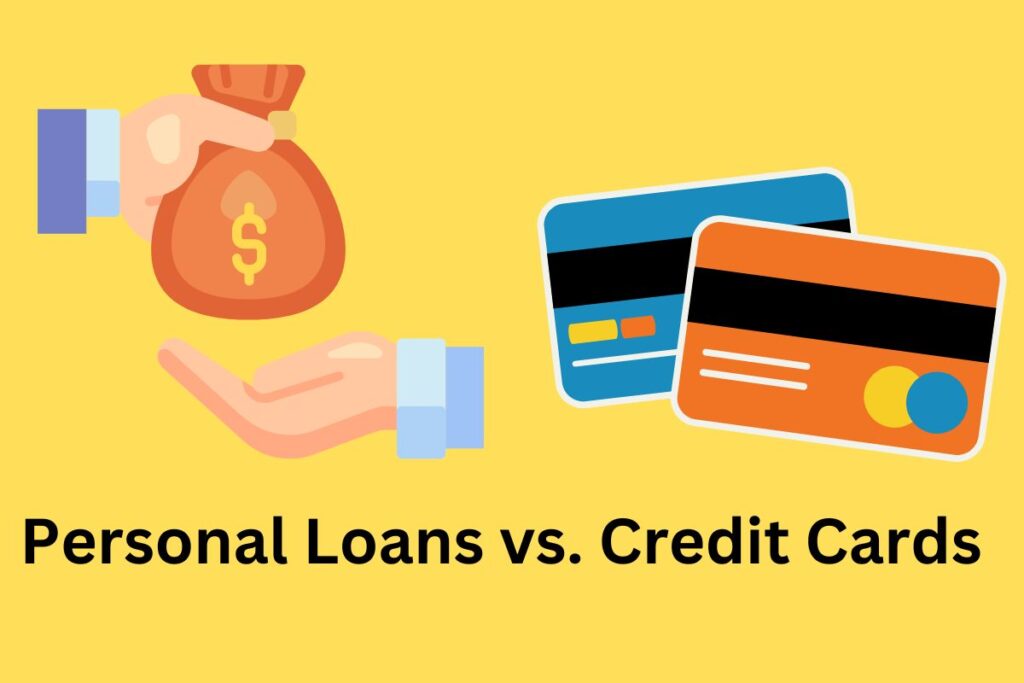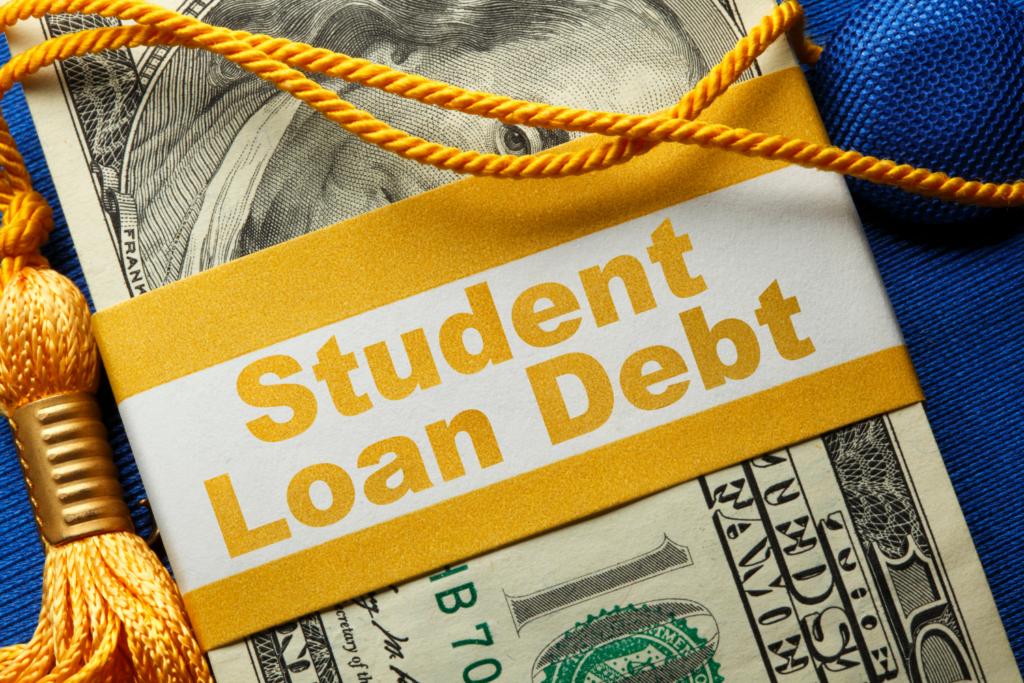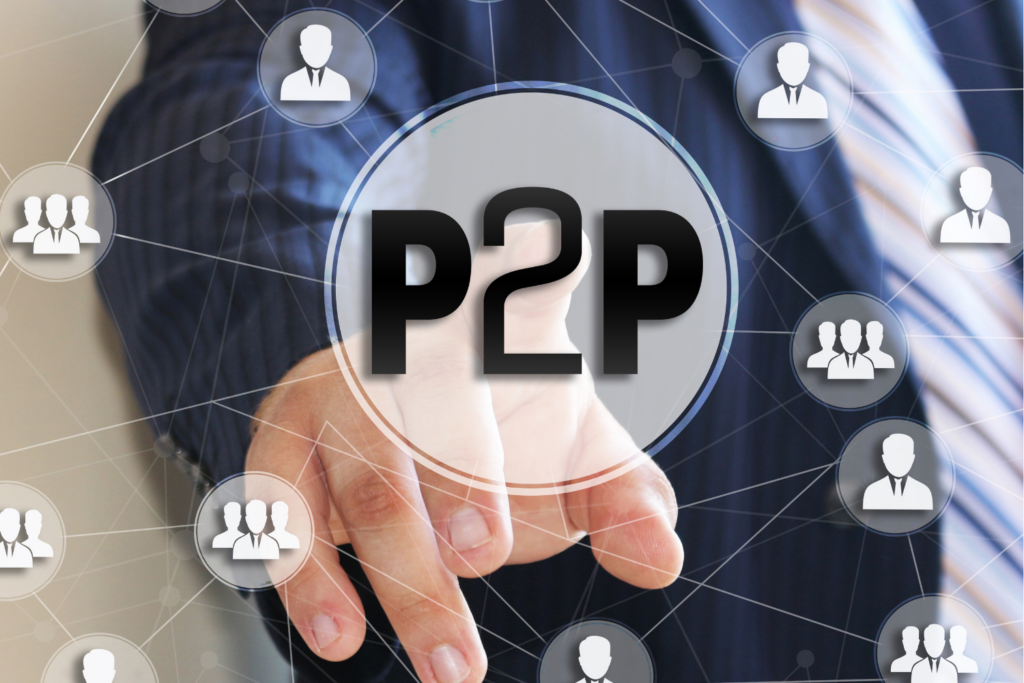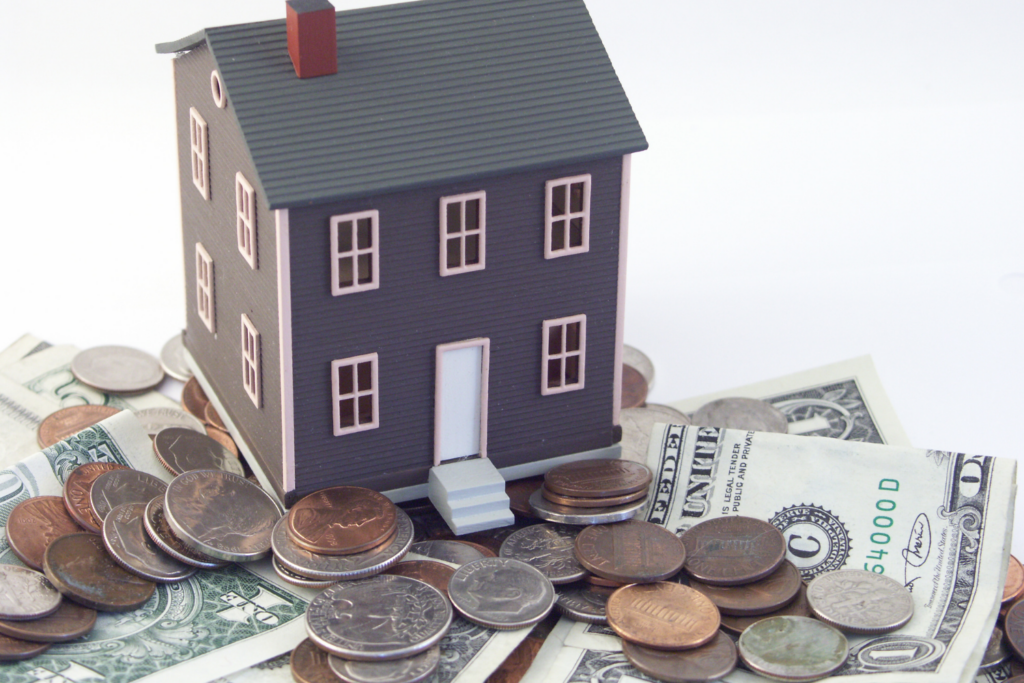
When it comes to borrowing money, personal loans and credit cards are two of the most popular options. Both offer a way to finance expenses, but they differ significantly in terms of how they work and when they’re best to use. Understanding the differences can help you choose the best option for your financial situation. In this article, we’ll break down everything you need to know about personal loans and credit cards, their pros and cons, and how to decide which is right for you.
Contents
What is a Personal Loan?
A personal loan is a lump sum of money you borrow from a lender, which you then repay over a fixed period, typically with a set interest rate. Personal loans can be either secured (backed by collateral like a car or savings account) or unsecured (not requiring collateral). Most personal loans are unsecured, meaning they rely on your creditworthiness for approval.
Personal loans are typically used for larger expenses such as debt consolidation, home improvements, or major purchases. They often come with terms ranging from 12 to 60 months, allowing for predictable monthly payments.
What is a Credit Card?
A credit card provides a revolving line of credit, meaning you can borrow up to a certain limit and repay over time or in full each month. Credit cards typically have higher interest rates than personal loans, and the rates are often variable. However, they offer the advantage of flexibility, allowing you to borrow repeatedly up to your credit limit without needing to reapply.
Credit cards are often used for everyday purchases, emergencies, or short-term borrowing. They may also offer benefits such as cashback, travel rewards, and fraud protection.
Key Differences Between Personal Loans and Credit Cards
Understanding the key differences between personal loans and credit cards is crucial when deciding which option works best for your needs.
- Repayment Terms: Personal loans come with fixed repayment periods and monthly payments, providing a clear end date for when the loan will be paid off. Credit cards, on the other hand, offer revolving credit, allowing you to carry a balance from month to month as long as you make the minimum payment. However, this can make it easy to accrue interest and stay in debt longer.
- Interest Rates: Personal loans typically offer lower fixed interest rates, especially for those with good credit. Credit cards often have higher interest rates, which can vary based on your credit score and market conditions.
- Borrowing Amounts: With a personal loan, you receive a lump sum all at once. Credit cards offer a credit limit that you can borrow against multiple times, as long as you stay within that limit.
- Flexibility: Credit cards offer more flexibility because they can be used repeatedly for various purchases, while a personal loan is a one-time loan meant for a specific purpose.
- Fees: Both personal loans and credit cards may come with fees. Personal loans can have origination fees, while credit cards may have annual fees, late fees, or balance transfer fees.
When to Use a Personal Loan
Personal loans are ideal for larger, planned expenses where you need a specific amount of money. Here are a few situations where a personal loan might be your best option:
- Debt Consolidation: If you have multiple high-interest debts, a personal loan can help consolidate them into one lower-interest payment.
- Home Improvements: For costly renovations or repairs, a personal loan provides the funds upfront and allows for structured repayment.
- Major Purchases: When you need to make a large purchase (e.g., a wedding or medical expenses), a personal loan offers the predictability of fixed payments over time.
When to Use a Credit Card
Credit cards work best for smaller, frequent purchases or short-term borrowing. They can also be a good option if you’re able to pay off the balance in full each month. Consider using a credit card in the following situations:
- Everyday Purchases: Credit cards are convenient for daily spending like groceries, gas, or online shopping, especially when combined with cashback or rewards.
- Emergency Expenses: Credit cards provide immediate access to funds, making them a good option for unexpected expenses (though the interest may be higher).
- Rewards and Perks: Many credit cards offer benefits such as travel rewards, cashback, or points that can be redeemed for merchandise or statement credits.
Pros and Cons of Personal Loans
Pros:
- Lower interest rates compared to credit cards.
- Fixed monthly payments and a set repayment term make budgeting easier.
- Suitable for larger, one-time expenses like debt consolidation or home improvements.
Cons:
- May come with fees such as origination or early repayment penalties.
- Requires good credit to qualify for the best rates.
- No ongoing credit access after the loan is disbursed.
Pros and Cons of Credit Cards
Let’s explore the main benefits and drawbacks of using credit cards, so you can decide if they fit your spending habits and financial goals.
Pros:
- Rewards programs and cashback can offer added value.
- Flexible repayment options allow you to pay off balances at your own pace.
- Convenient for everyday purchases and recurring expenses.
Cons:
- Higher interest rates, especially if you carry a balance.
- Easy to accumulate debt if not managed carefully.
- Minimum payments can extend the repayment period, increasing interest costs.
Which Option is Best for You?
Choosing between a personal loan and a credit card depends on several factors, including the purpose of the loan, the interest rates you can qualify for, and your ability to manage debt.
- Use a Personal Loan if: You need a large sum of money for a specific purpose (e.g., consolidating debt, home improvements) and prefer predictable, fixed payments.
- Use a Credit Card if: You need flexibility for ongoing, smaller purchases and can pay off your balance regularly to avoid high-interest charges.
Additionally, if you’re disciplined with spending and pay off your balance in full each month, a credit card can provide valuable rewards and perks. On the other hand, if you prefer structured repayments with a clear end date, a personal loan might be the better choice.
Conclusion
Both personal loans and credit cards have their advantages, but they serve different financial needs. Before making a decision, consider your financial goals, the amount you need to borrow, and your ability to manage repayments. With careful consideration, you can choose the right borrowing option to meet your needs and stay on top of your finances.




